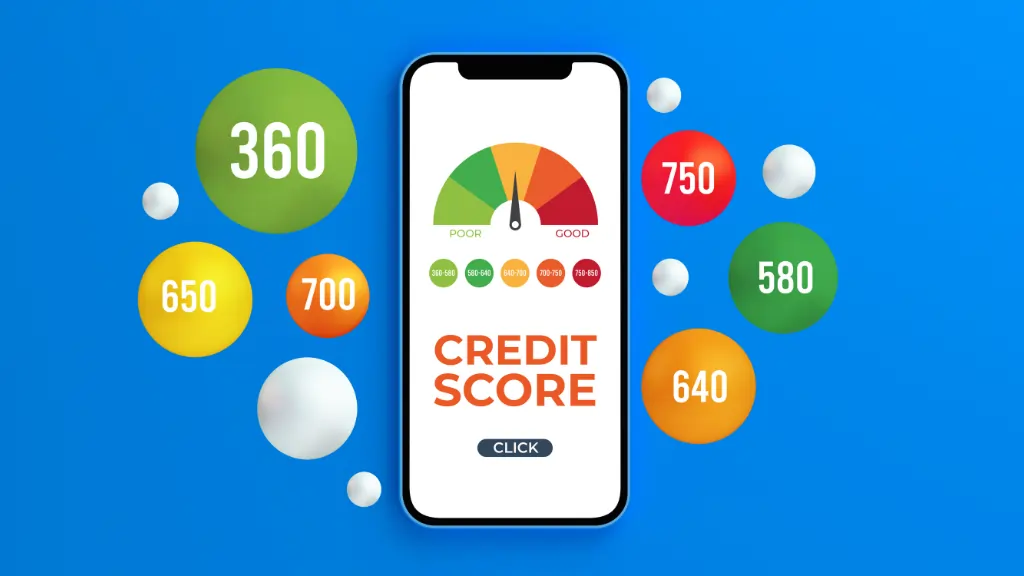How do credit reports work?

Credit reports show how well you pay back loans and credit accounts. To borrow money, you need to apply with a lender who checks your history of paying back loans. This is called your credit history and it affects your ability to borrow money, how much you can borrow, and the interest rates you’ll get.
Your credit score is a number based on your ability to pay back your debt and other details like your age and employment status. It summarises your credit report and represents how well you can handle credit and deal with debt.
Read: Credit scoring explained
The higher your score, the better your credit. The better your credit, the more likely you will be approved for credit and get better interest rates when paying it back.
Credit reports and credit scoring
Your credit report is a historical record of how well you handle debt. It contains information about the credit you’ve taken out, how well you’ve paid it back, your income, employment status, age and ID. You can’t alter or modify the information on your credit report.
Your credit score is a three-digit number based on the information from your credit report. It represents how likely you are to repay any borrowed money. Depending on the credit bureau you use, the score can range between 400 to 940.
Remember: A higher score means you’re good at borrowing and repaying credit. A lower score doesn’t always mean you’re bad at handling credit, it could just mean you don’t have enough credit history. There are ways to improve your credit score.
Read: How to improve your credit score
Having bad debt that you are struggling to clear will lower your credit score, making it difficult to take out loans and get reasonable interest rates on your credit. So, if you’re battling debt and worried about the future of your credit score, it’s better to resolve it sooner rather than later.
Give Debtline a call, and we’ll help you get on top of your debt and find financial stability to get a better credit score!